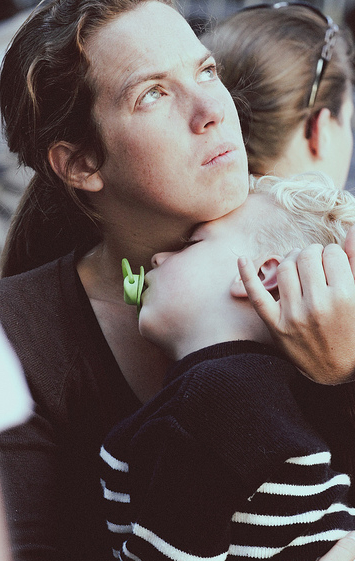Mums' sad slump comes several years in
 Depression in mothers often hits hardest several years after giving birth, new research shows.
Depression in mothers often hits hardest several years after giving birth, new research shows.
Maternal depression is worse for mums four years later than it is at any point immediately after the birth of their child, according to a study by the Murdoch Childrens’ Research Institute.
The study of over 1500 first time mothers also found that women with one child at four years postpartum reported significantly higher levels of depressive symptoms than women with two or more children.
Almost one in three women reported depressive symptoms at some stage in the first four years after birth.
While many who had experienced depression in early pregnancy reported the same when their first child was four years of age, 40 per cent of women reporting depression symptoms when their first child was four had not previously noticed any.
Professor Stephanie Brown, one of the study leaders, said this is partly explained by greater levels of social adversity among women with only one child.
“This is one of the first large studies to report the prevalence over time of maternal depression in first time mothers from pregnancy to four years postpartum. The findings show the extent of depression affecting first time mothers, even up to four years after the birth of their child,” lead author Dr Hannah Woolhouse said.
“The fact that almost one in three first time mothers reported depression on at least one occasion from early pregnancy to four years, coupled with the finding that the prevalence of depressive symptoms was highest at four years, suggests a need to rethink current models for maternal health surveillance and primary care support.”
“There needs to be greater attention given to the emotional wellbeing of women with pre-school age children, and better targeting of resources to women at higher risk of mental health issues,” Professor Brown said.
“The high prevalence of depression amongst mothers of four year olds suggests there may be a need to extend the monitoring of maternal mental health to at least four years postpartum, and provide women with ongoing support extending well beyond the first 12 months postpartum.”







 Print
Print